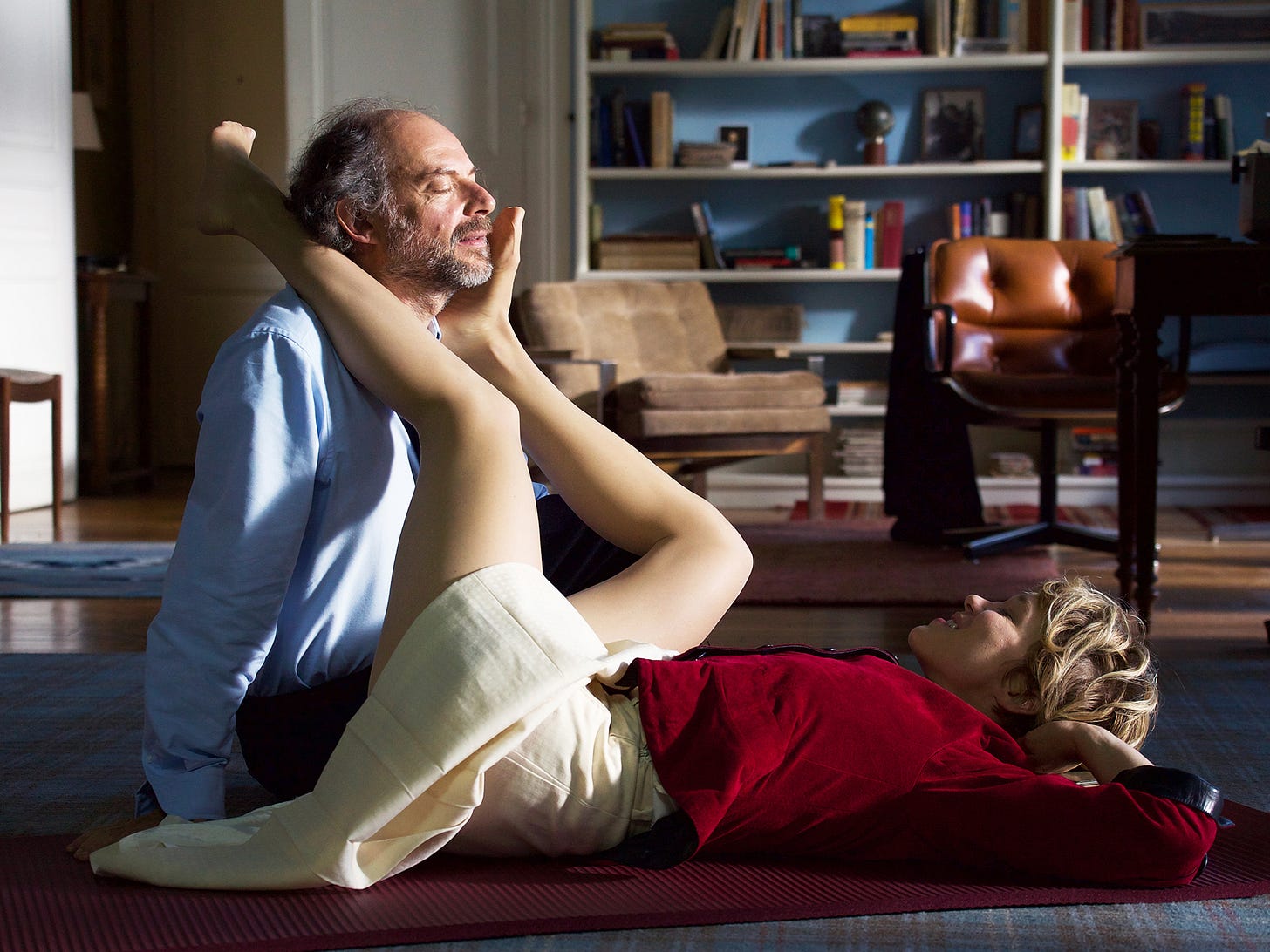After Yang: Much too Instagram Stories: The Motion Picture for my taste, though casting Colin Farrell as a cogitative tea connoisseur is aces. Also now want “Ozu-vision” as an option for FaceTime, so get on that Tim Cook.
The Batman: The film I imagine Ricky Fitts would grow up to make after the events of American Beauty. Gotham City certainly has the emo-depressive aura here of a discarded plastic bag blowing in the wind…for three hours that admittedly proceed at a gallop, and which are bookended by the same earnestly deployed Nirvana needle-drop (OK, doomer). Like many from the J.J. Abrams school, ‘A’-For-Effort is director Matt Reeves’ aesthetic ethos. He can construct, but his and Greig Fraser’s images are never more than competently oblique. Preferable to Nolan’s chaotic, bludgeoning bombast, of course, but that’s beyond a low bar. Pattinson gives good brooding-billionaire Chiroptera; Paul Dano stinks in that uniquely Paul Dano way (his dweeb-psycho act is now in its pushing-40 paunch phase); I might very well watch Colin Farrell as goombah Penguin when his spinoff HBOMax series hits the streams; and Zoë Kravitz, you’re no Michelle Pfieffer, shockerIknow. Penning this capsule right as Reeves has released a telling deleted scene featuring Irish Tye Sheridan as Hannibal Jester: “He’s got a vision.” “You think his motive is political?” “Oh no no, this is very, very personal.” From your acid-gnarled lips to geek-God’s ears.
Deception: Many have tried, and most have failed, at successfully translating Philip Roth from page to screen. Arnaud Desplechin makes it work in his take on Roth’s 1990 novel of (maybe-real-life) infidelity by, in part, leaning into verbal artifice. The elder Roth avatar (Denis Podalydès) is American; his younger lover-muse (Léa Seydoux) is English. Yet everyone speaks, with nary a hint of knowing irony, Desplechin’s native French. It’s the right approach given that Roth’s dexterous prose, if adapted and enacted literally, loses much of its impact. His work (at best shameful, shameless, probing, pointed, offensive, hilarious) is ideally transposed through an authorial hall-of-mirrors, which means you need as knotty and nimble a voice as you’re getting. Desplechin’s close enough to that, and often equal to the challenge. I laughed especially hard at the smash-cut transition between post-coital discussions of foreskin (cut? uncut?) and the sociopolitical aims of the state of Israel, Roth’s unclouded profaneness being one of the crucial keys to his profundity.


